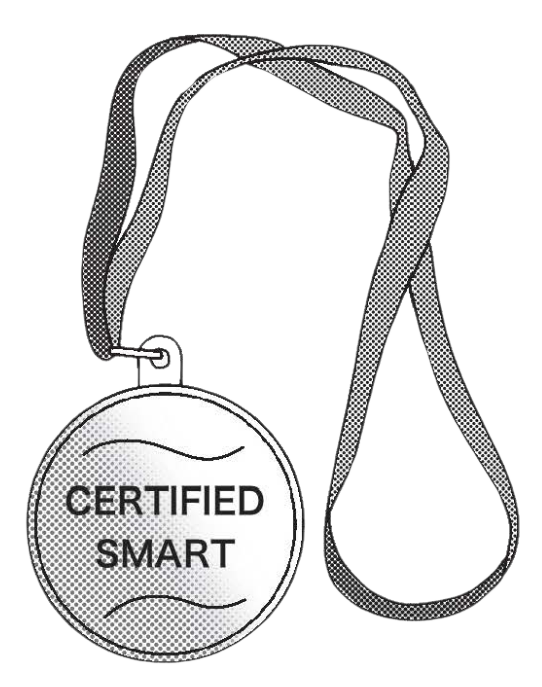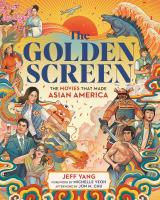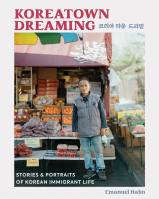(Itaewon) Class is In Session: RP’s Favorite Lessons from K-Drama School
Multi-hyphenate Grace Jung (comedian-scholar-writer-filmmaker-actor) brings us a brand-new way to engage with our favorite shows in K-Drama School: A Pop Culture Inquiry into Why We Love Korean Television.
By touching on period dramas like Eyes of Dawn and referencing modern favorites like Goblin: The Lonely and Great God, Jung brings levity, humor, and historical context to the hardest lessons to be found in the genre. We’ve compiled a few of our favorites below, but the best way for you to get full credit is to pick up a copy of K-Drama School for yourself.
Class is now in session!
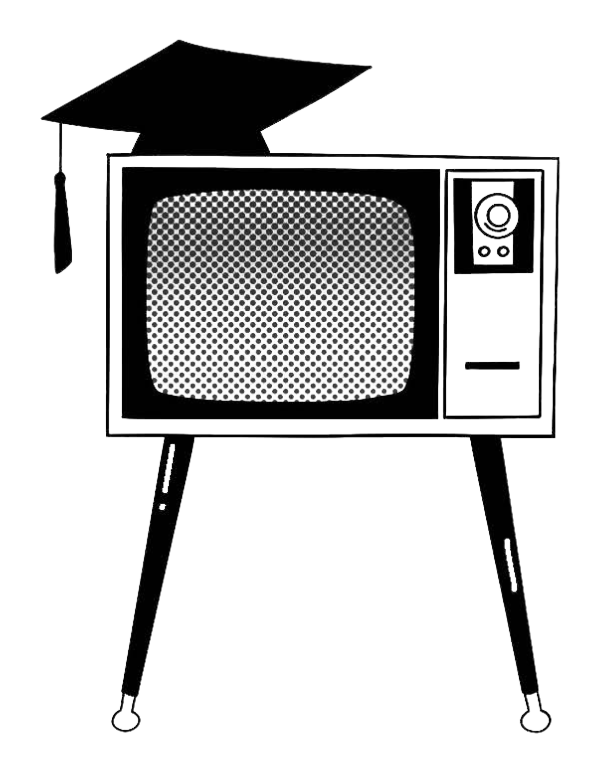
Lesson #1: Play More
(taken from “Korean Overachievement and SKY Castle”)
It’s on the top of everyone’s to-do list: relax, de-stress, unclench. But that’s easier said than done, even in fiction. In many K-dramas – like Reply 1988 (2015) and Extraordinary Attorney Woo (2022) – characters work themselves to the bone for the sake of their goals. Unfortunately, this almost always catches up to them, and despite their noble intentions, they’re destroyed from the inside out. By being unable to stop and think about themselves, their sacrifice wracks their family and friends with guilt. In crossing the finish line, they’ve effectively passed a barbed-wire baton.
Was it really worth it? Of course not. If you find it hard to prioritize yourself above your work, think of it this way: you can’t work your hardest if you can’t work at all. You produce your best work when you’re in good condition, and you’re in good condition when you take care of yourself! Jung puts it best: “Are we motivated each day by fear of our inner critic…or are we driven by love for ourselves and this life, which is our own and not anyone else’s?” Your life is your own. It deserves to be suffused with fun, even amongst crushing responsibility.
Lesson: no matter what primary school experience or your adult life has taught you, it’s okay to goof off. Go forth and combat the woes of overachievement with play.

Lesson #2: Find The Real You
(taken from “Realism and Trauma Recovery in My Mister”)
“I’m just being real!” – The most annoying person you know, probably.
Who says that “realness” has to consist of the worst of us? That a bright spot in this life has to be a fluke? Reality is not something mired in the binary: it can be odd, exciting, or occasionally surreal. There’s no rule book that dictates how life is supposed to go. (Not counting, like, a physics textbook.) While looking at realism through the lens of My Mister (2018), Jung notes, “The ‘real’ in a person is not their worst qualities, but rather their inherent good.” Reality – the real you – can be something to draw hope and strength from. Find the thing that speaks to your innermost self among all the noise.
Just because you think something’s impractical or frivolous – like play, hello lesson one! – that doesn’t make it any less real. You define the real you. Who do you choose to be every day?

Lesson #3: Live and Fight
(taken from “The Humanness of Disability, Addiction, and ‘Welbing’”)
A lot of us seem to be permanently stuck in fight or flight mode, but what happens when you’re forced to stay still? In those circumstances, how do you make space for yourself to live and fight another day? Have you ever considered not fighting at all?
Grace Jung brilliantly states, “To know what one wishes to live for is as important as knowing what it is one fights for.” In order to know what you want to live for – to fight for it if you so choose – you have to decide what it is you want. You have to approach yourself with empathy in mind. You have to foster a trusting environment within yourself. You must get comfortable with asking: is this worth it for me?
It is an active choice to live and not just survive – and it is a worthwhile one. Grant yourself kindness in the name of strength. Be soft on yourself, even when the world is hard. Live to fight another day, and you might just find yourself fighting for someone who can’t do it for themselves.
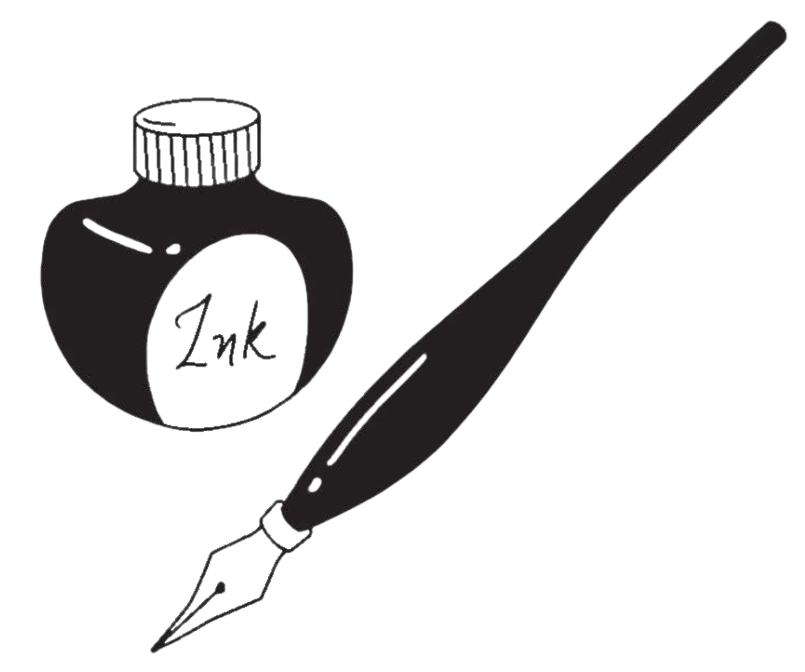
We hope you enjoyed this crash (landing on you) course in all things K-drama!
More study required? Pick up a hardcover copy of K-Drama School today! To quote Jung in “Lesson 11: Amnesiac Queens, Zombies, and Ghosts of A Forgotten War”, “…it’s camp, cathartic, and feels as good as cracking open a can of Chilsung cider.”
Looking for an after-school special? Check out Grace Jung’s podcast of the same name here!
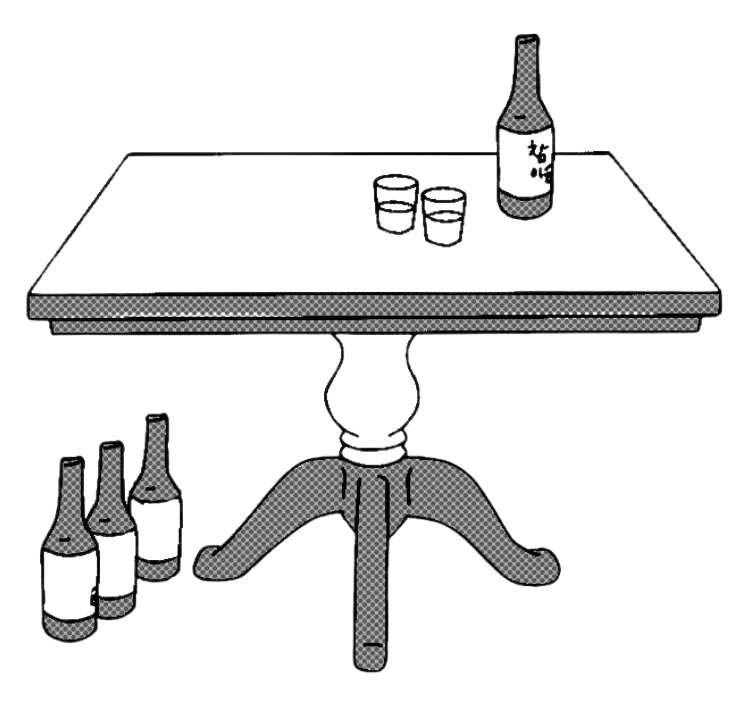
Supplemental Study from Running Press:
Text taken from & inspired by K-Drama School: A Pop Culture Inquiry into Why We Love Korean Television by Grace Jung.
